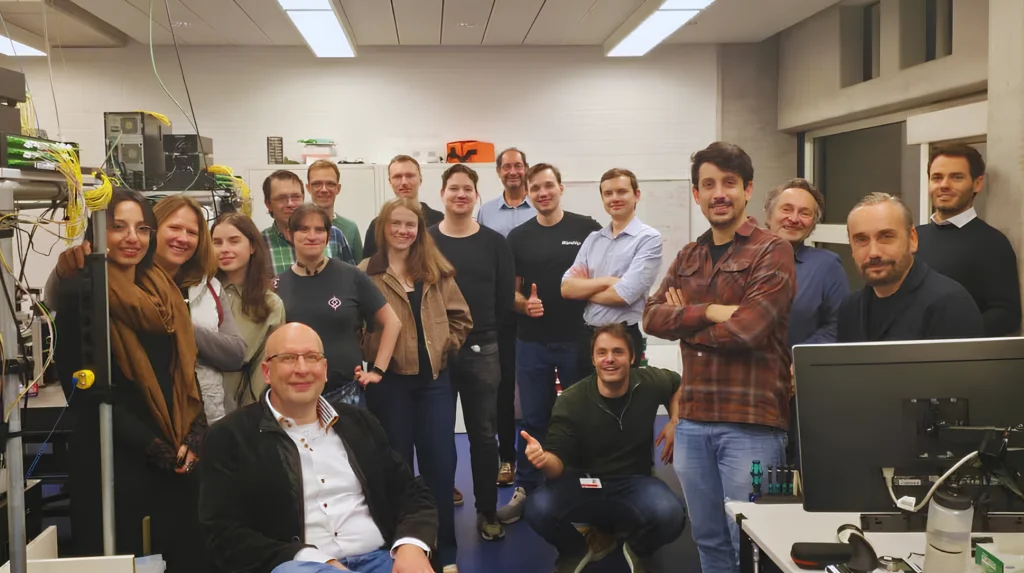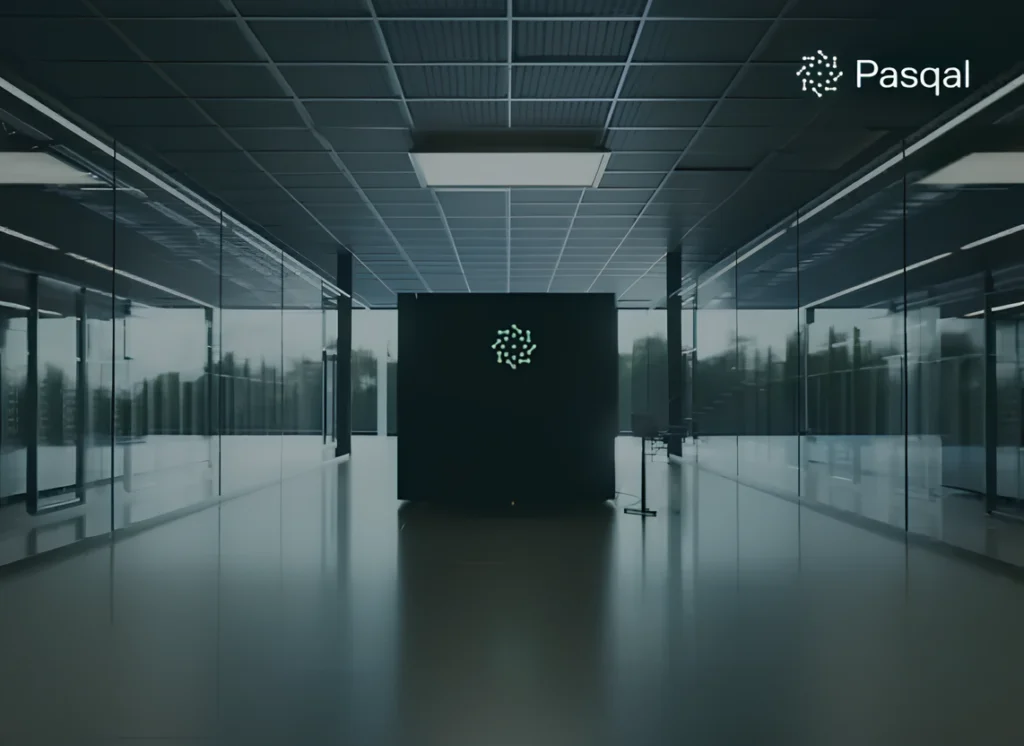Insider Brief
- American Binary has launched Ambit Client, the first enterprise VPN fully compliant with the NSA’s CNSA 2.0 standard, addressing the immediate risk of quantum-enabled cyber threats.
- Unlike traditional VPNs that leave gaps in encryption, Ambit Client secures all four critical cryptographic components—Digital Signature, Key Exchange, Bulk Encryption, and Hashing—ensuring full quantum resistance.
- With quantum computers expected to break existing encryption by 2030, Ambit Client provides a proactive defense against “Harvest Now, Decrypt Later” attacks, offering enterprises a future-proof cybersecurity solution.
PRESS RELEASE — American Binary today announced a breakthrough in cybersecurity with the launch of Ambit Client, the first and only enterprise VPN solution to achieve full compliance with the NSA’s CNSA 2.0 standard for quantum resistance. This milestone arrives as organizations face an immediate threat from “Harvest Now, Decrypt Later” (HNDL) attacks, where cybercriminals are already collecting encrypted data to decrypt it once quantum computers become available.
“The quantum threat isn’t a future problem—it’s happening now,” said Kevin Kane, CEO and Founder at American Binary. “While other VPN providers claim quantum resistance, Ambit Client is the only solution that delivers complete protection across all four critical cryptographic components required by CNSA 2.0.”
The Quantum Security Gap


Current VPN solutions leave organizations vulnerable by implementing quantum-resistant algorithms in only some of their cryptographic components. For true quantum resistance, all four key components must meet CNSA 2.0 standards:
- Digital Signature
- Key Exchange
- Bulk Encryption (AEAD)
- Hashing
Ambit Client stands alone in achieving CNSA 2.0 compliance across all four components, including the implementation of ML-KEM 1024 cryptography—mathematically proven to resist both conventional and quantum computer attacks.
Organizations using traditional VPNs that rely on Diffie-Hellman Key Exchange, hybrid cryptography, or elliptic-curve cryptography remain exposed to HNDL attacks. These vulnerabilities could allow adversaries to decrypt sensitive data once quantum computers become capable enough—a milestone expected as early as 2030.
“As I revealed in my Bloomberg documentary, The Massive Cyberattack You Never Heard About, the greatest cyber threats aren’t just coming—they’re already here. Quantum computing will soon shatter traditional encryption, leaving our most sensitive data exposed. That’s why investing in post-quantum solutions isn’t optional; it’s urgent. American Binary’s post-quantum VPN embodies the resilience, security, and innovation that define American Binary values—ensuring that our critical infrastructure remains protected against the next frontier of cyber warfare. The future belongs to those who secure it now.” — Jose Arrieta, former CIO of U.S. Department of Health & Human Services (HHS) and CEO of Imagineer LLC.
Ambit Client is available now for enterprise deployment. Organizations interested in protecting their data from current and quantum threats can contact sales@ambit.inc for more information.















